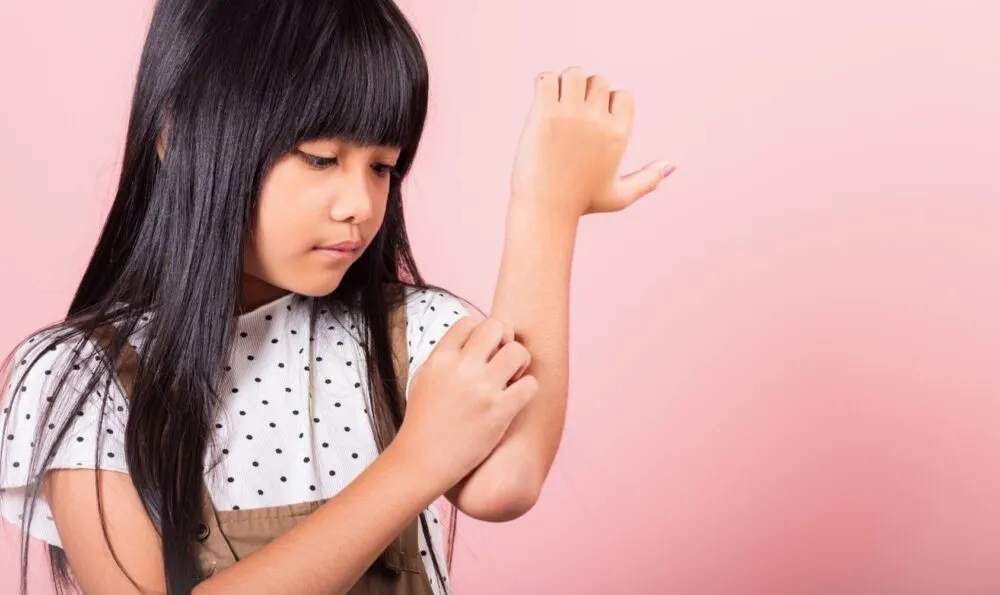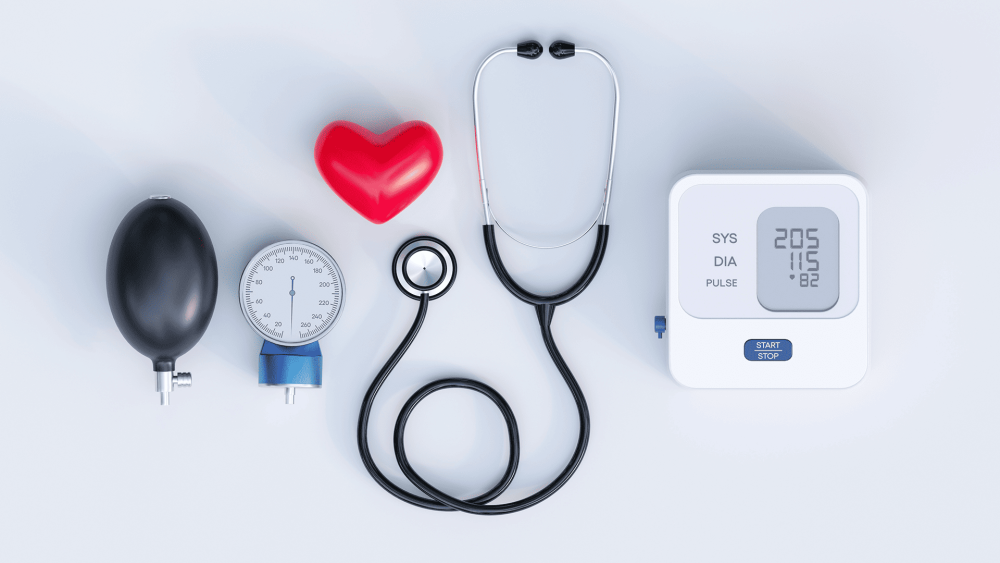Dengue fever is a mosquito-borne disease that occurs in tropical and subtropical areas of the world. The dengue virus is transmitted by the mosquito vector, Aedes aegypti, and is characterised by high fever, rash, and muscle and joint pains.
Apart from the dengue virus, the Aedes aegypti also transmits chikungunya, yellow fever, and Zika. It is a highly domesticated mosquito that lives in close association with humans and prefers to lay its eggs in water containers commonly found in and around homes. The peak biting period is at dawn (two to three hours after daybreak) and dusk (several hours before dark).
Symptoms and Illness Progression
Common symptoms of dengue infection include:
- Sudden onset of fever for two to seven days
- Severe headache with pain behind the eyes
- Joint and muscle pain
- Skin rashes
- Nausea and vomiting
- Mild bleeding (e.g. nose or gum bleed, or easy bruising of the skin)
Symptoms usually appear four to seven days after being bitten (ranges from three to 14 days). These symptoms can be very similar to other illnesses that cause fever, aches and pains, or rash. Up to 75 per cent of dengue infections do not present with symptoms.
 Groups at Risk of Dengue-related Complications
Groups at Risk of Dengue-related Complications
Younger children and people who have not had the infection before tend to experience milder symptoms than older children and adults. People with weakened immune systems, as well as those with a second dengue infection are believed to be at greater risk of developing severe dengue infection.
Treatment
There is no curative treatment for dengue. Early supportive care with rehydration reduces risk of complications. In severe dengue, hospitalisation is needed for aggressive emergency treatment, including fluid and electrolyte replacement and/or blood transfusions.
Prevention of Dengue Fever
1. Stay in light rooms with mosquito screens
The mosquitoes that carry the dengue viruses are most active from dawn to dusk, but they can also bite at night. Keep them out with wire-mesh mosquito screens and stay in air-conditioned rooms.
2. Wear protective clothing
When you go into mosquito-infested areas, wear light-coloured long-sleeved shirt, long pants, socks, and shoes.
3. Use mosquito repellent
Permethrin can be applied to your clothes, shoes, camping gear, and bed netting. You can also buy clothing made with permethrin already in it. For your skin, use a repellent containing at least 10 per cent concentration of DEET. Persons newly diagnosed with dengue should apply mosquito repellent regularly, so that mosquitoes do not bite and pick up the virus from them before biting someone else, thus reducing dengue transmission.
4. Reduce mosquito habitat
You can help reduce such breeding sites by eliminating habitats where they commonly lay their eggs. At least once a week, empty and clean containers that hold standing water, such as planting containers, animal dishes, and flower vases. Keep standing water containers covered between cleanings.
If you or your family member is suffering from the above symptoms, please reach out to medical facility as soon as possible or contact the nearest Raffles Medical clinics for consultation and laboratory test.
(Source: Raffles Medical Group)










